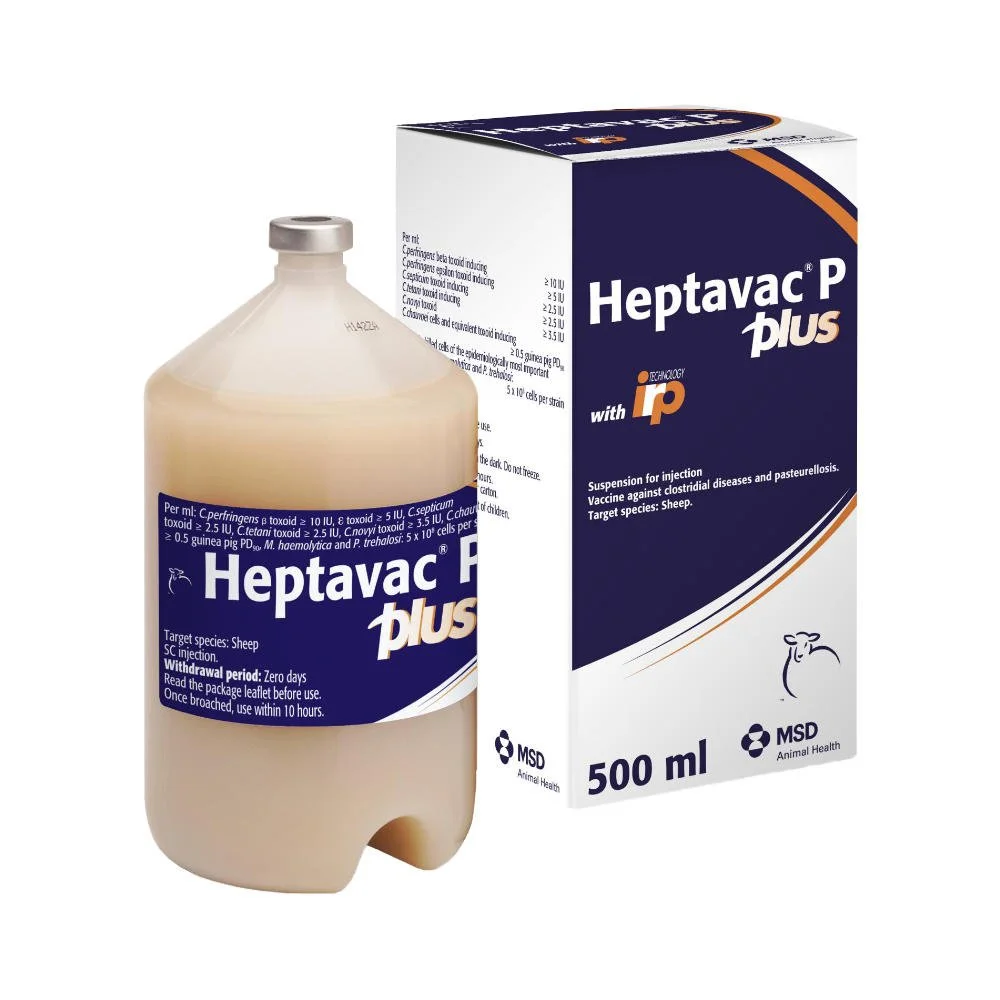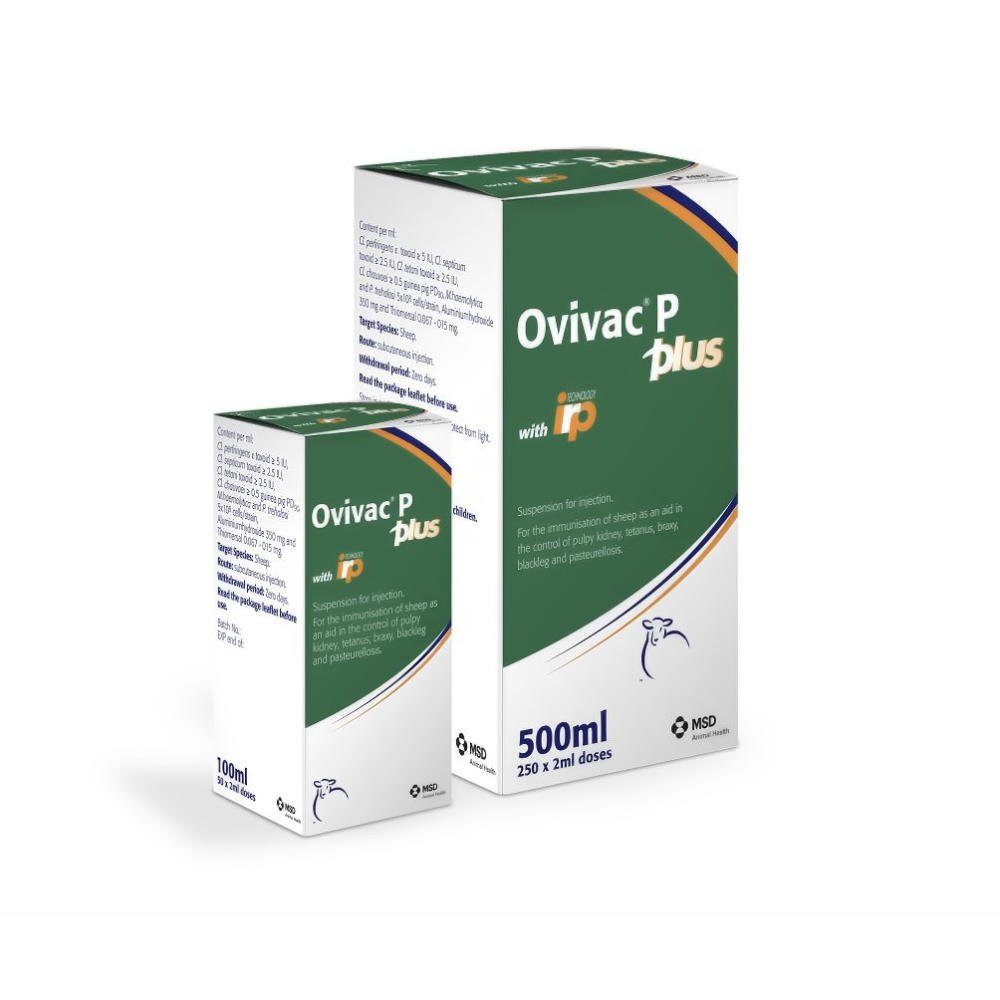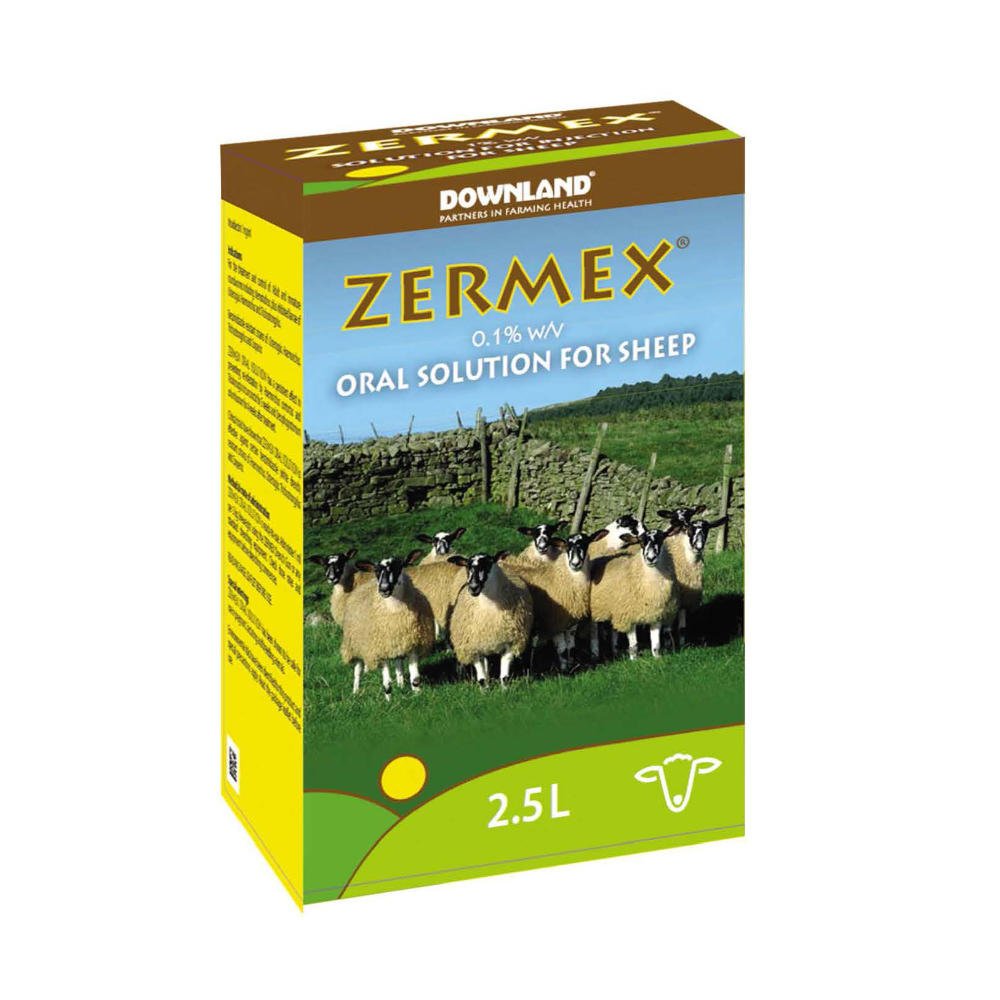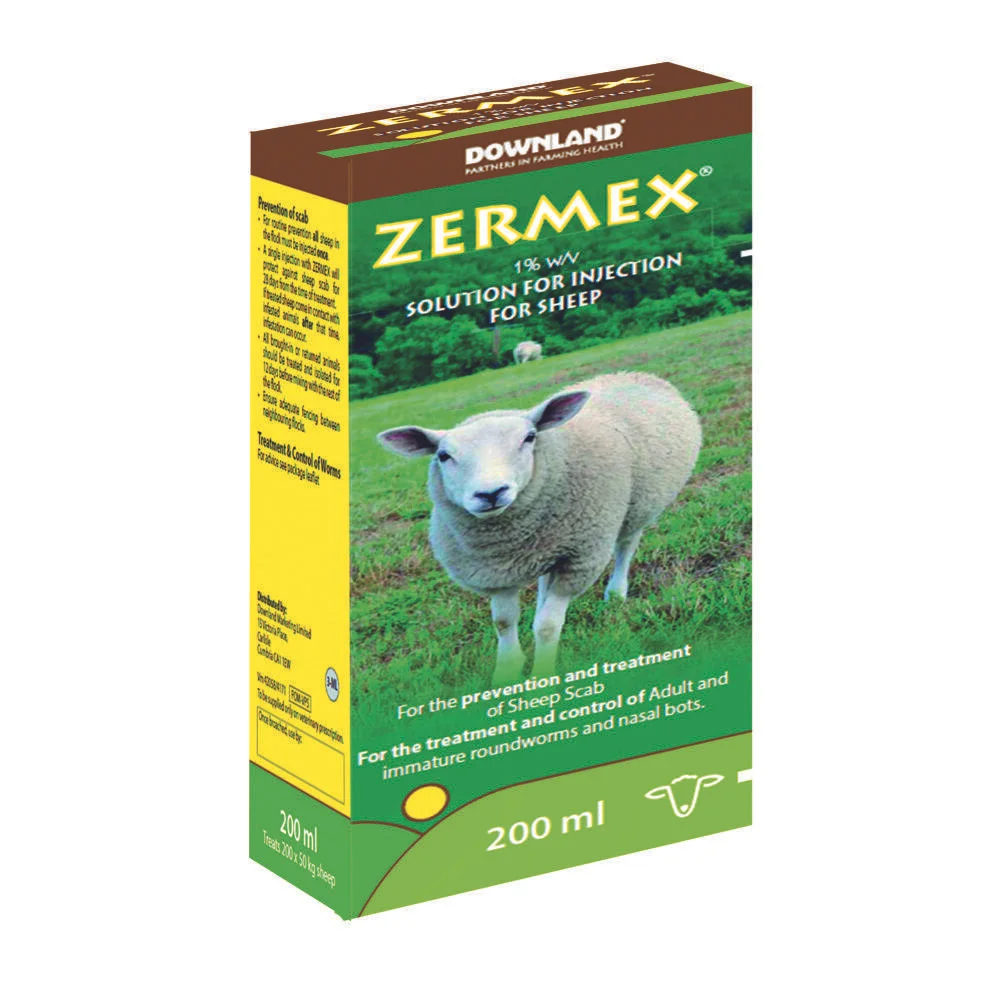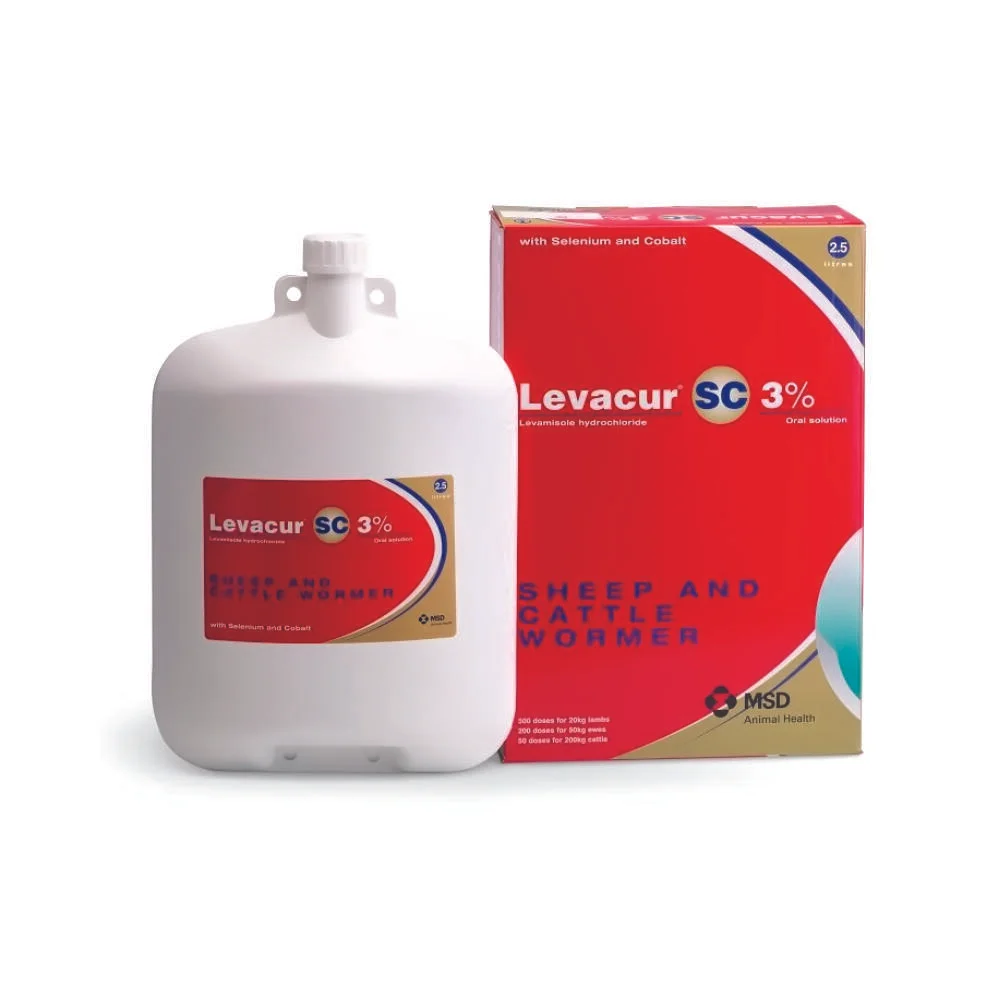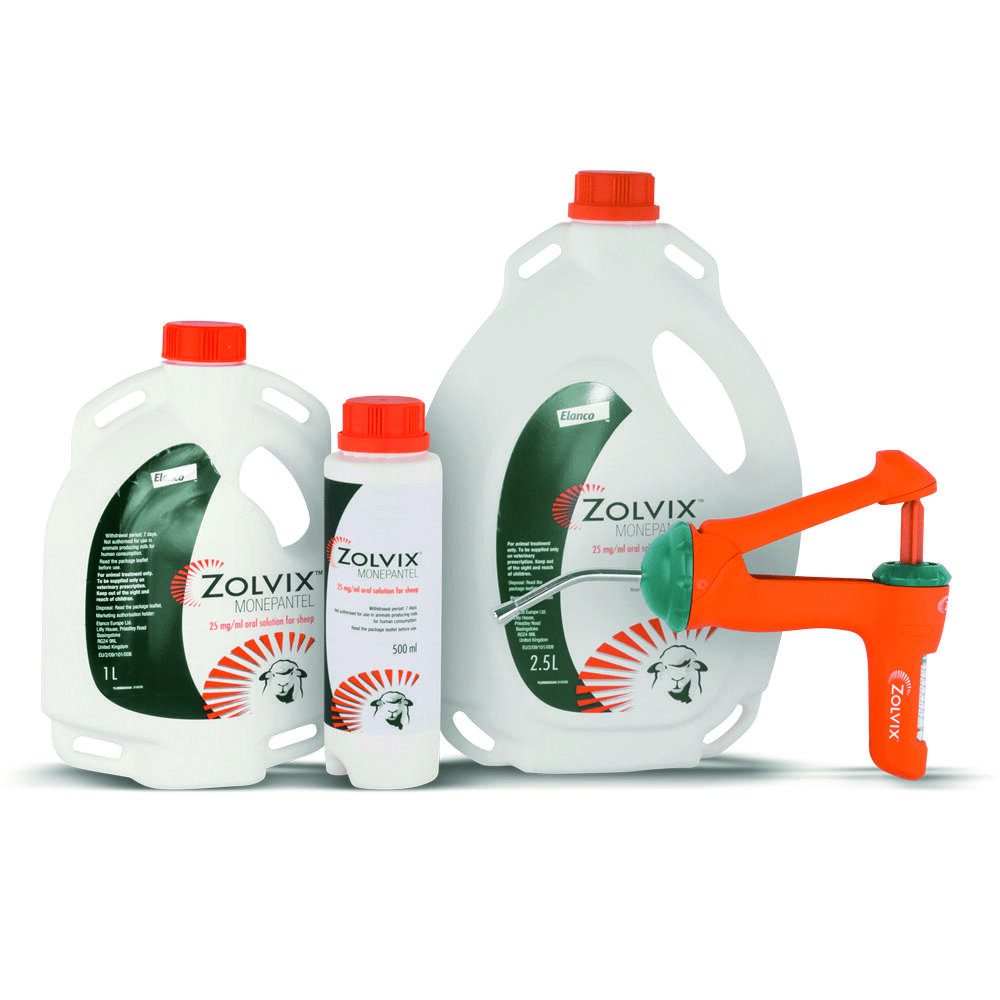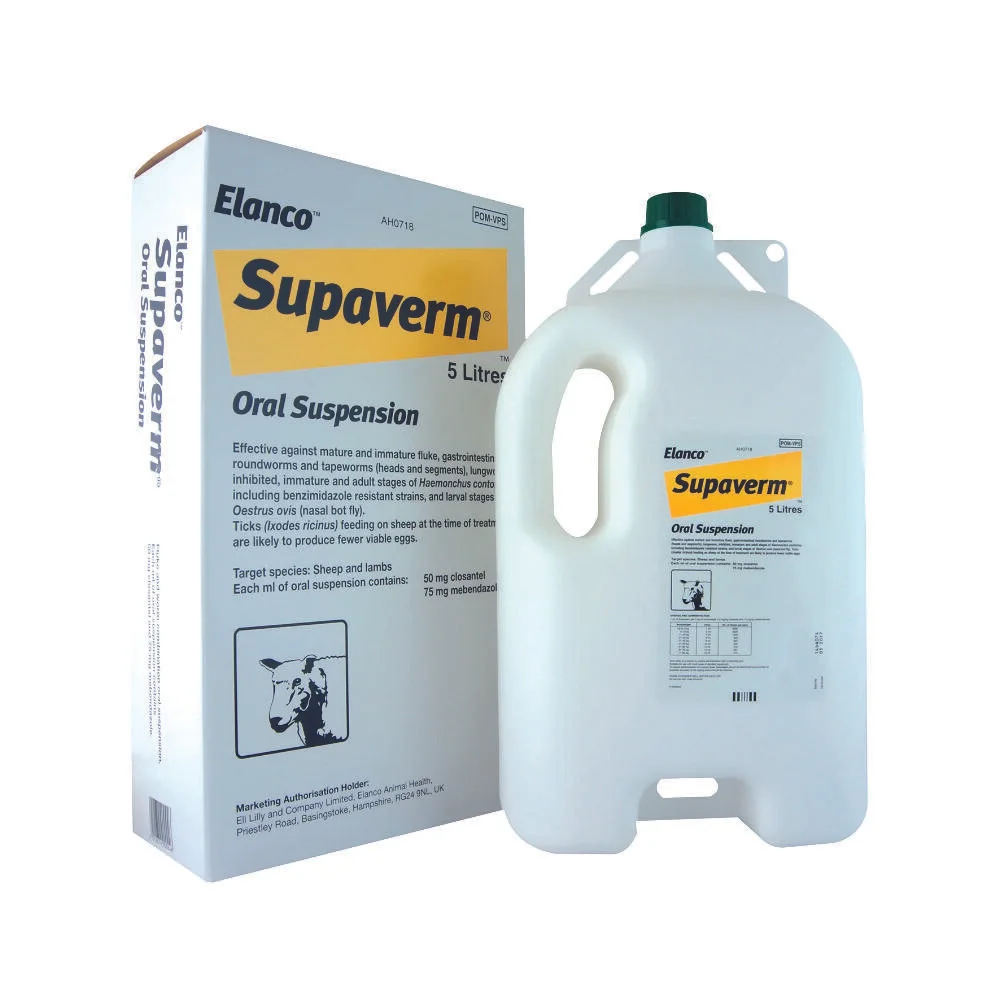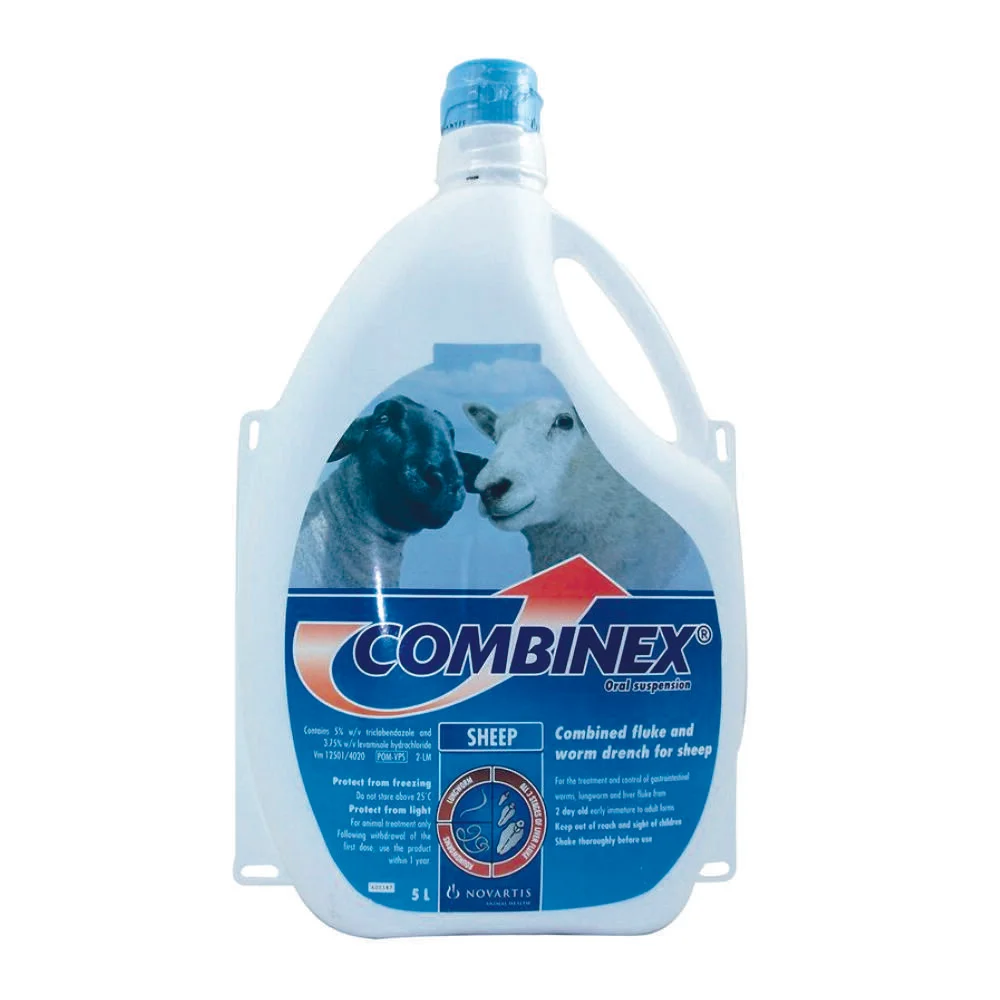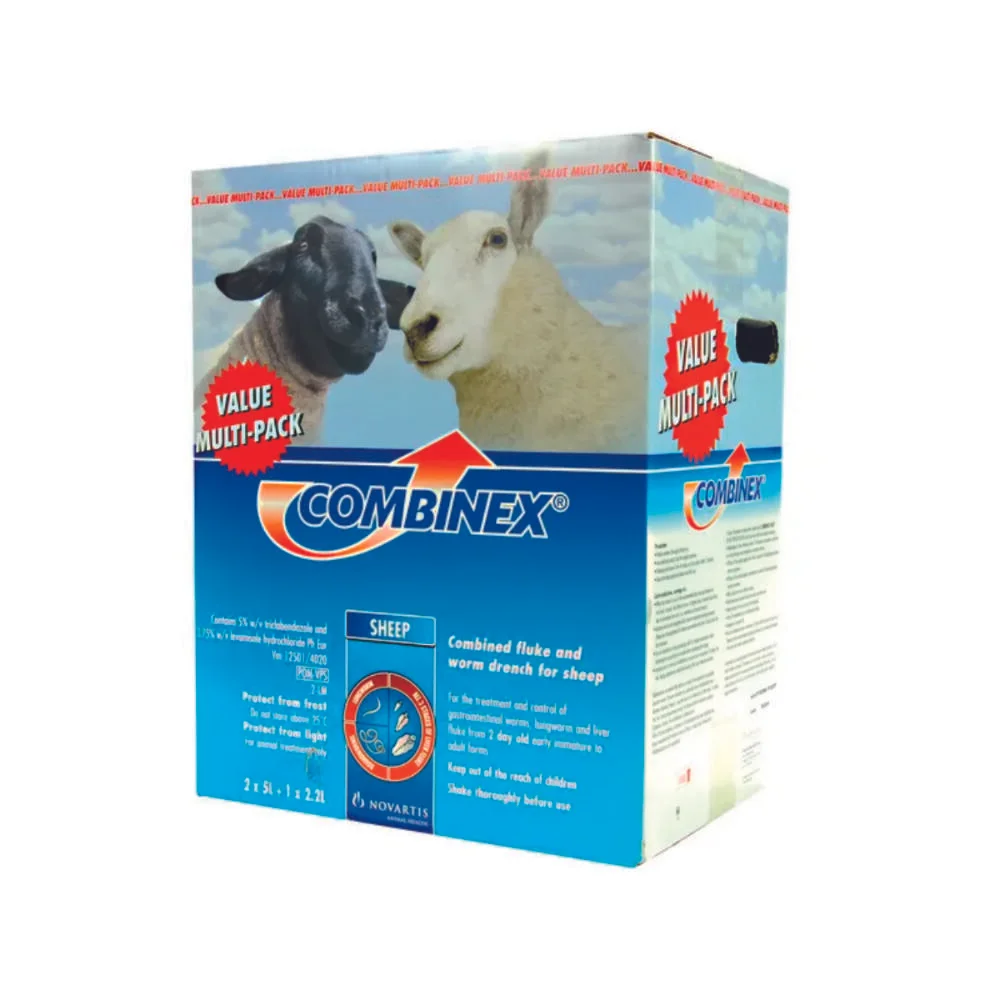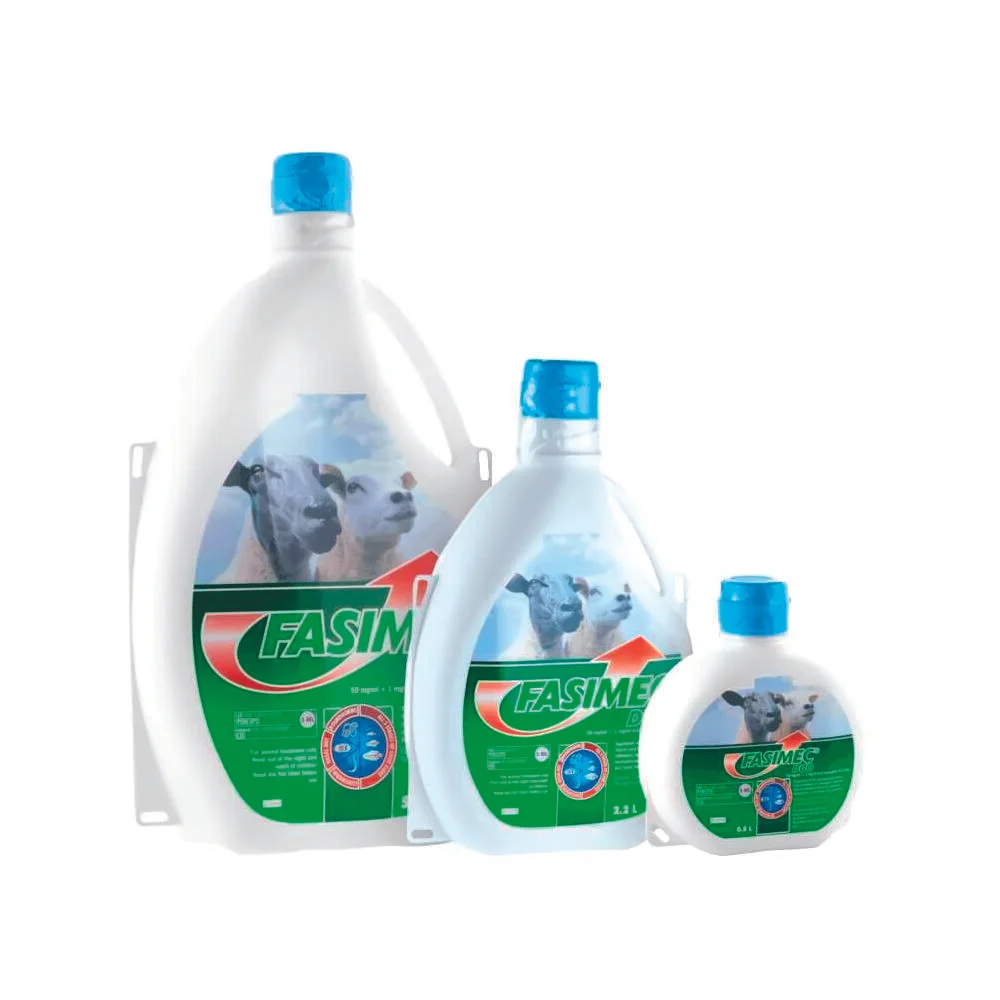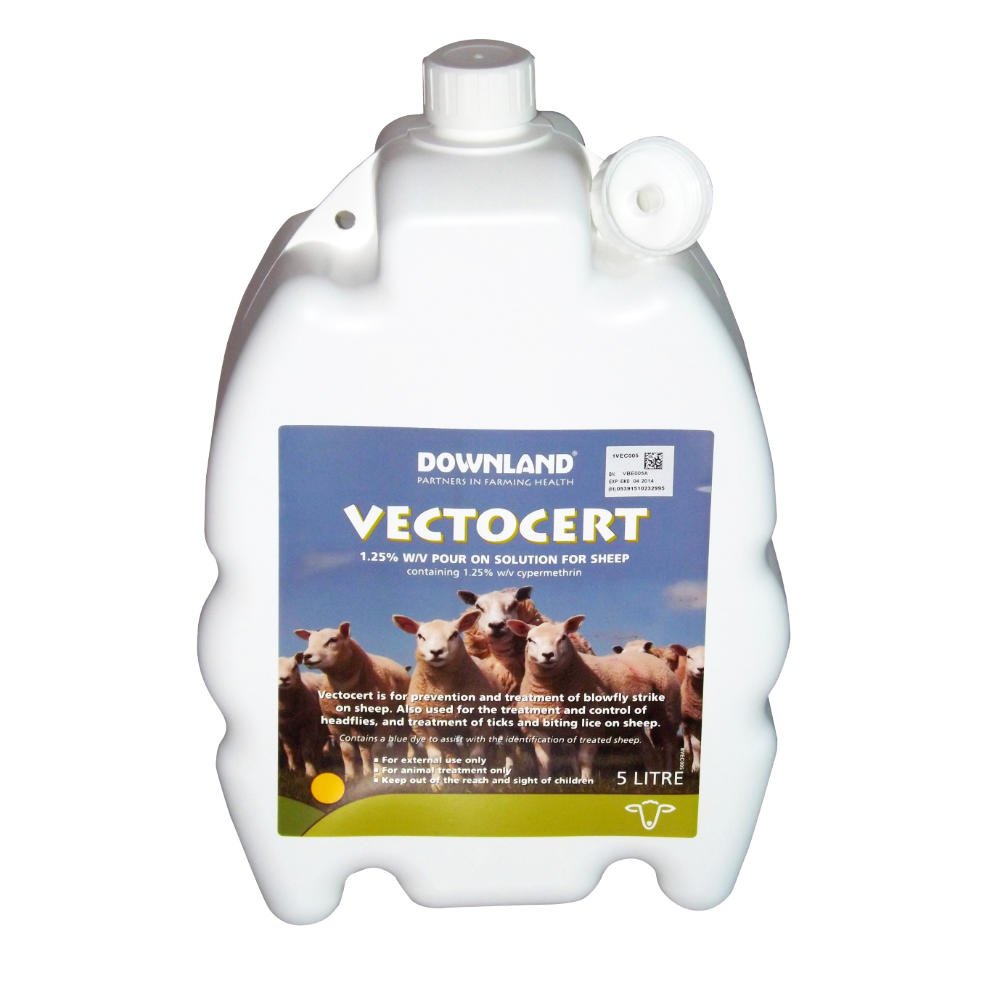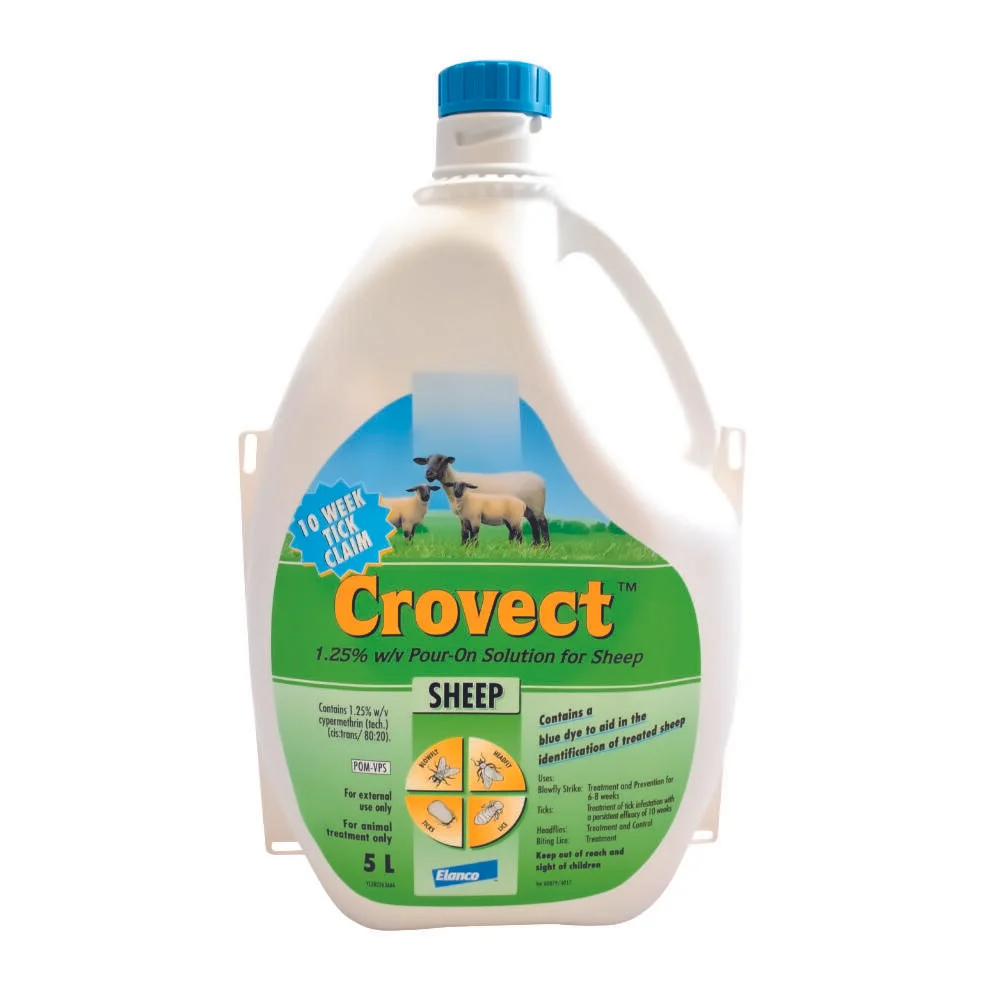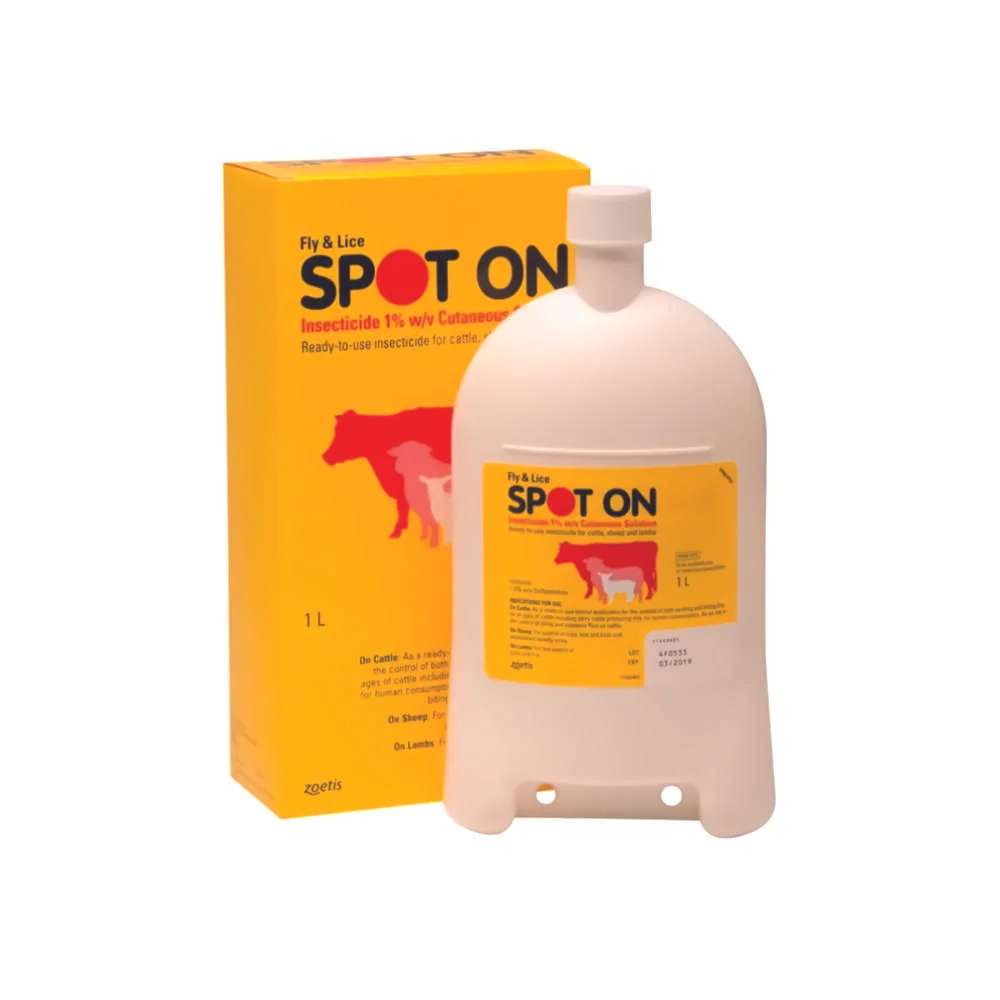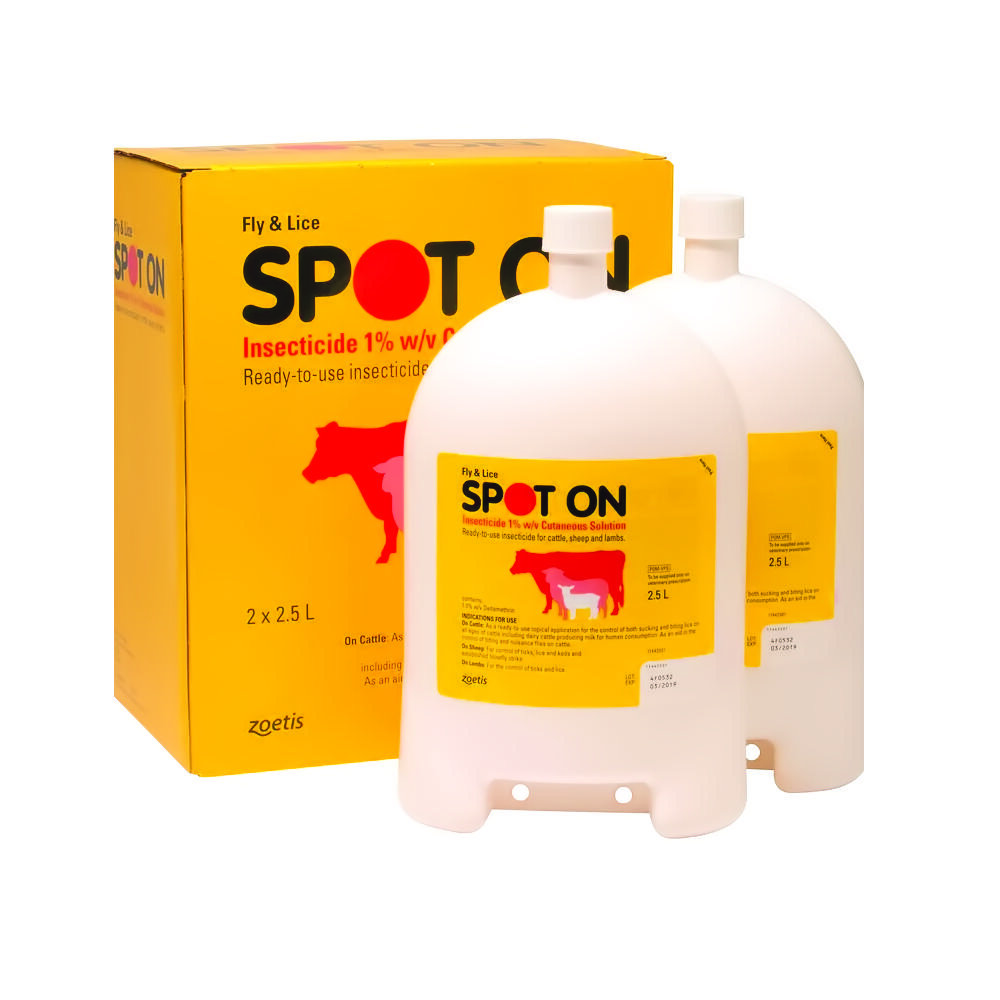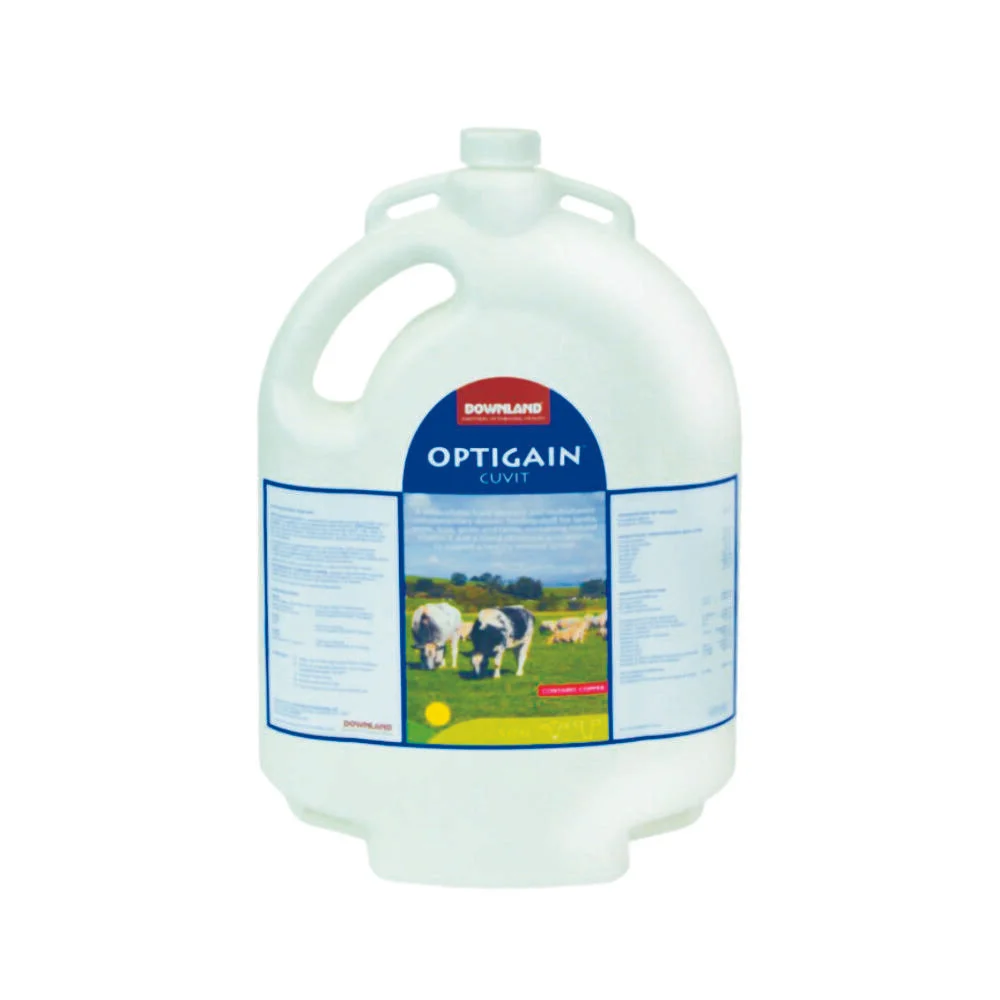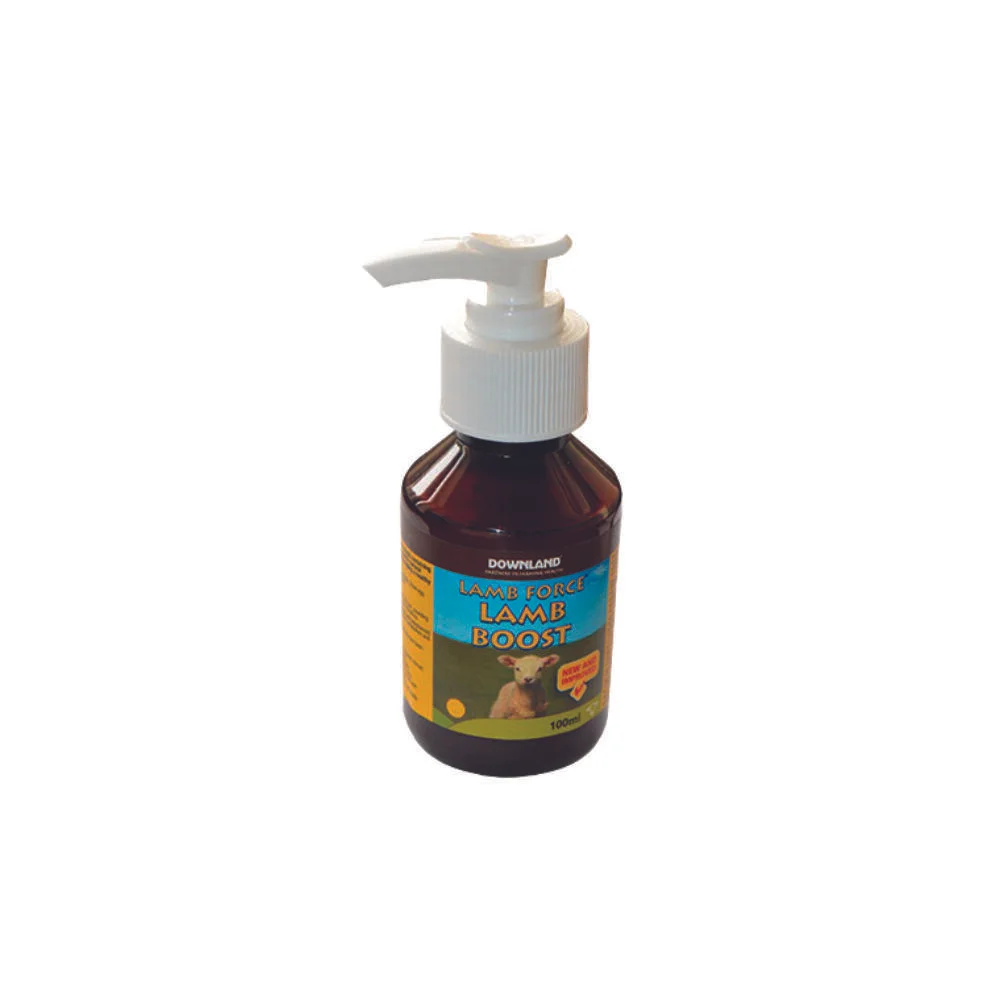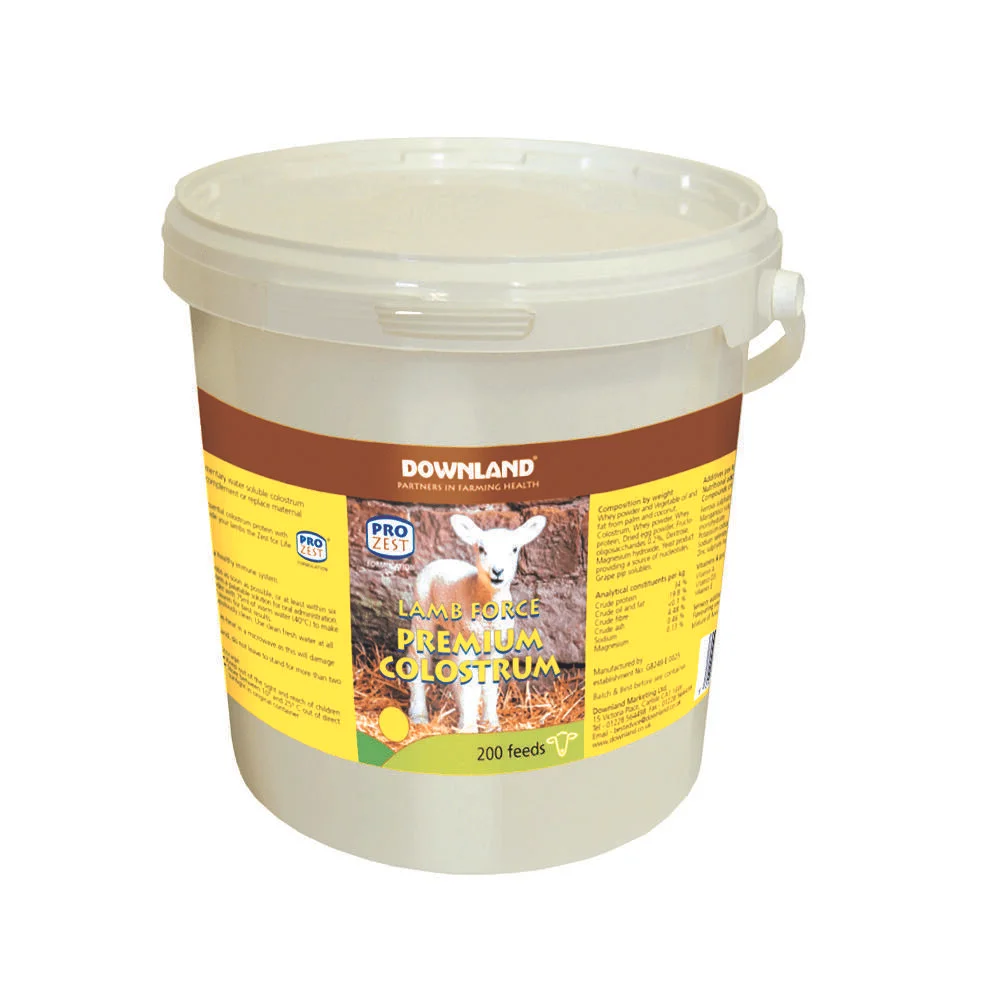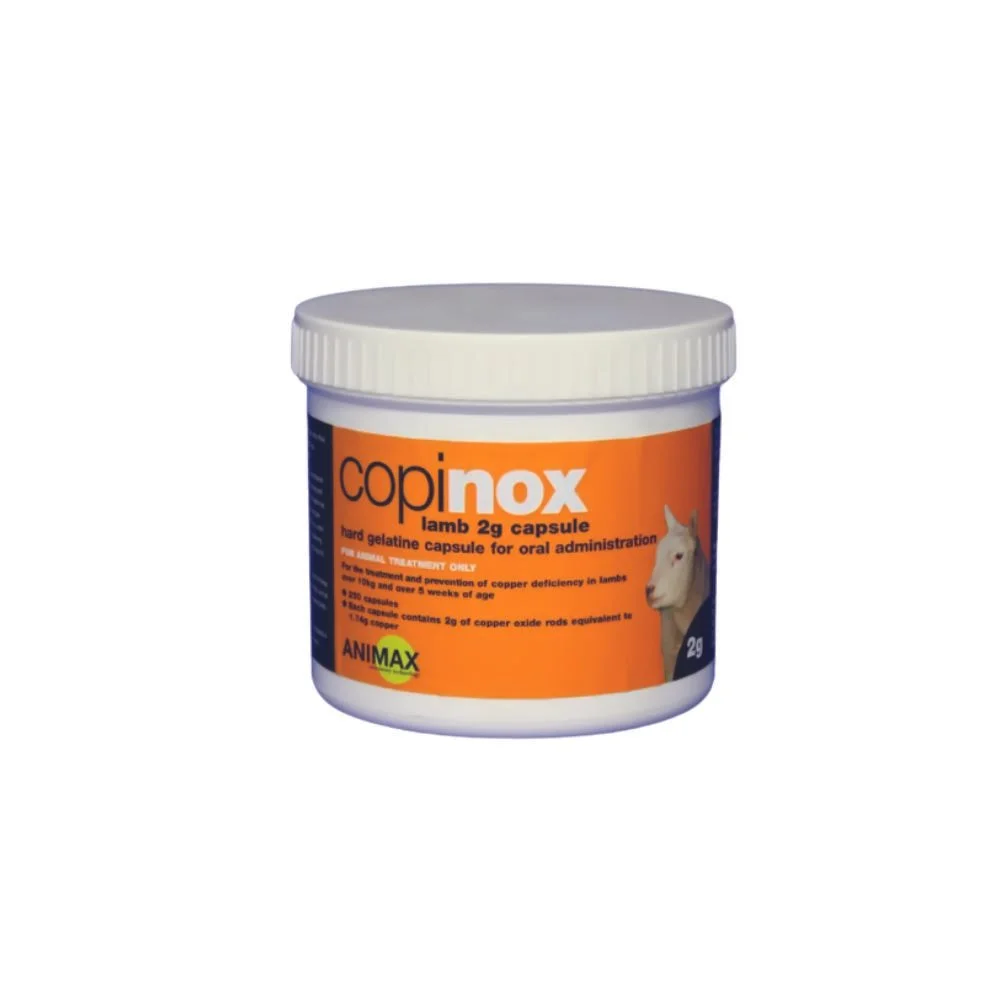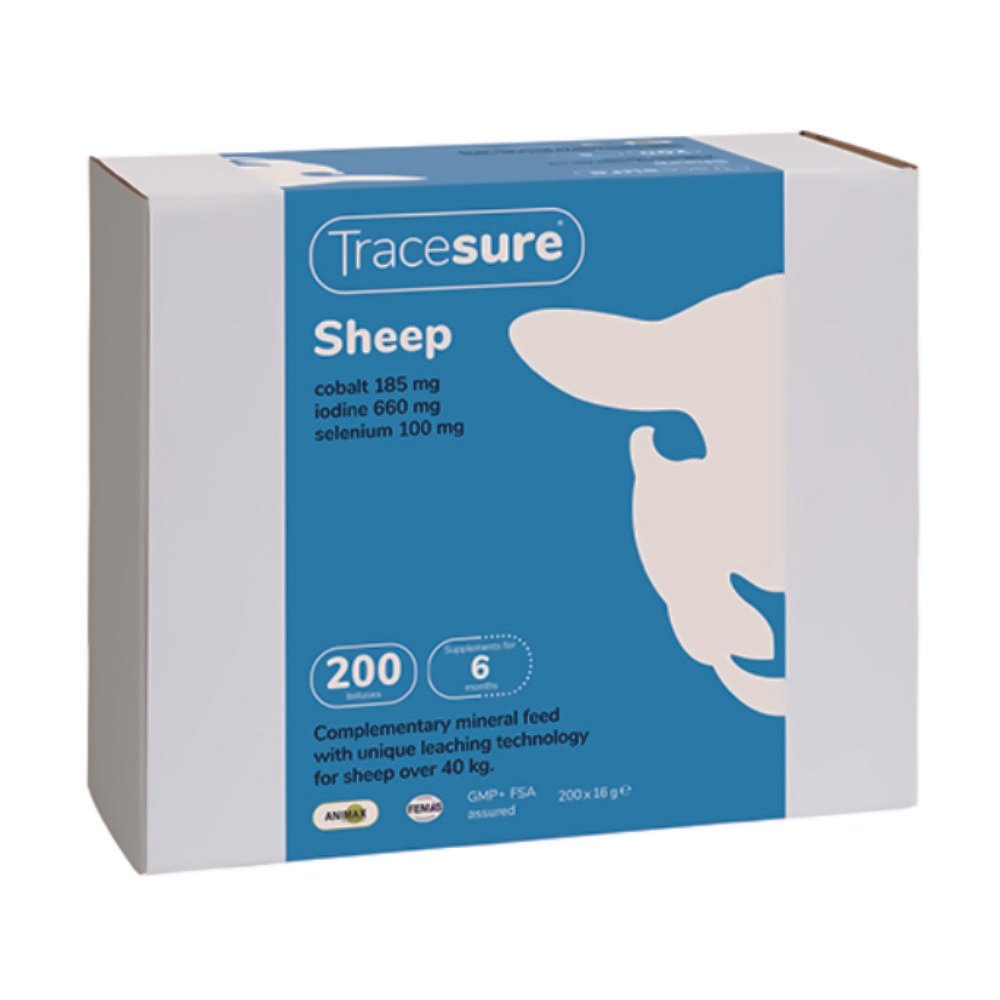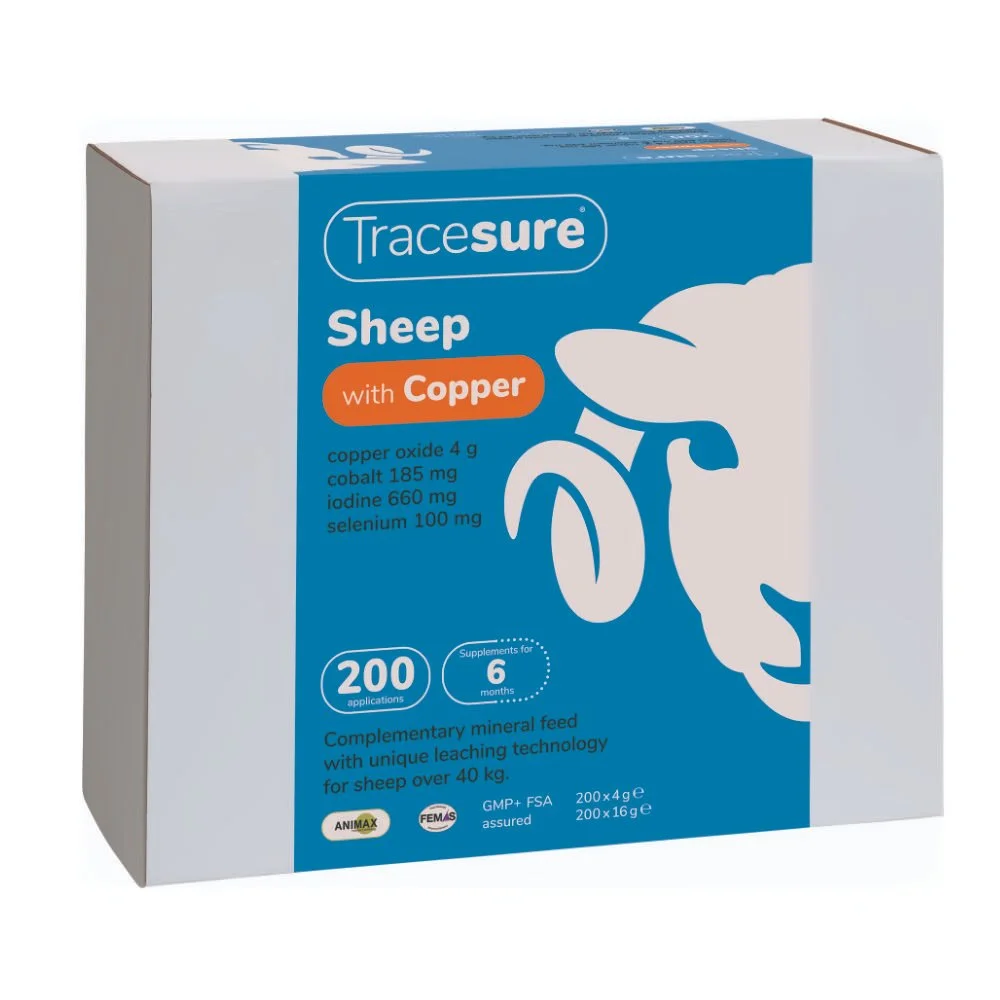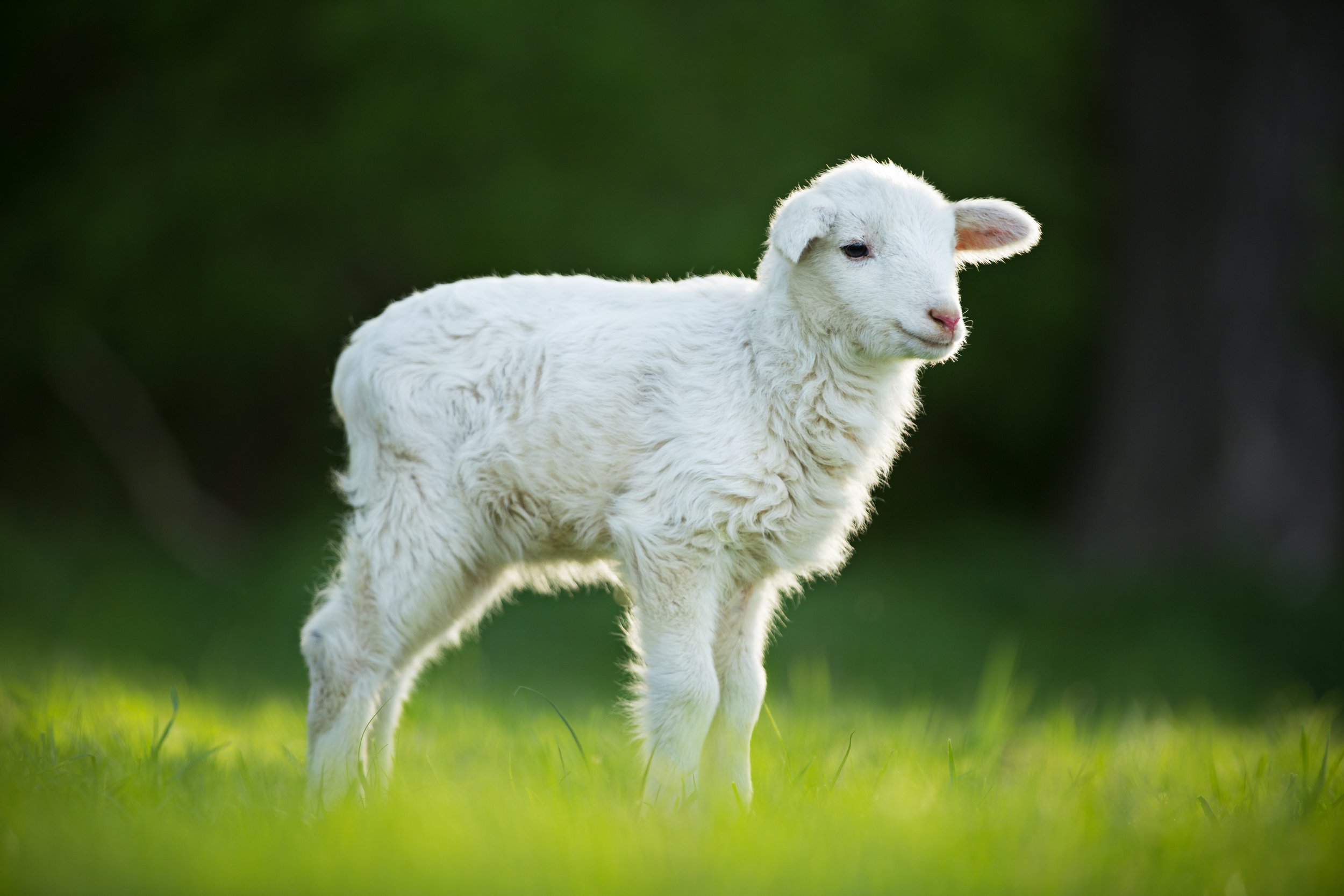
Sheep
Protect your flock, protect your livelihood
Home > Agriculture > Sheep
sheep
-

Sheep Vaccines
-

Sheep Wormers
-

Sheep Fluke & Wormers
-

Coxicert Oral Suspension
-

Sheep - OP Dip , Fly & Lice Control Pour Ons
-

Downland Essential Sheep Bolus
-

Mineral Supplements
-

Colostrum
-

Animax Sheep Products
-

Applicators
Sheep Vaccines
Sheep Wormers
Sheep Fluke & Wormers
Coxicert Oral Suspension
Coccidiosis is a costly disease impacting on lamb and calf performance.
Coccidiosis is a disease of the intestinal tract caused by a microscopic parasite from the family Eimeria spp – the eggs are ingested, invade cells in the gut lining and multiply, eventually causing the cells to burst. When this happens, more eggs are released – some invade cells as before and some are excreted in dung.
The latter contaminate the environment, presenting a source of infection to other animals. Contaminated water, the skin of dam’s udders and feed troughs are common routes for the spread of coccidiosis.
There are 20 different species of coccidia in cattle and sheep, not all species of coccidia are pathogenic:
In lambs:
Only two are known to cause disease:
• Eimeria ovinoidalis.
• Eimeria crandalis.
In calves:
Three cause disease:
• Eimeria zuernii.
• Eimeria bovis.
• Eimeria alabamensis.
Coccidiosis in Lambs
In general, lambs are most at risk from 4-8 weeks of age. Treat with a single dose of Coxicert® at about 4- 6 weeks at the time the coccidiosis can normally be expected on farm.Under conditions of high infection pressure, a second treatment may be indicated about 3 weeks after the first dosing.
Signs of clinical disease:
• Straining.
• Weakness.
• Anaemia.
• Dehydration.
Signs of subclinical disease:
• Reduced weight gain.
• Poor appetite.
Coccidiosis in Calves
Calves are most at risk from 3 weeks – 6 months of age. Treat with a single dose of Coxicert®14 days after moving into a potentially high risk environment, or 7 days in advance of expected symptoms.
Coxicert® prevents coccidiosis by killing parasites already in the gut and reducing environmental contamination by limiting oocyst excretion.
Treats lambs and calves and helps to prevent further contamination of the environment.
A single oral dose – easy to administer.
No meat withdrawal.
Sheep - OP Dip , Fly & Lice Control Pour Ons
Sheep Vaccine
Dectomax™ Injection
Dectomax™ Injection for cattle delivers broad spectrum cover for stomach, gut and lungworm, whilst treating sucking lice and mange mites (sarcoptic and psoroptic mange). It is administered as a subcutaneous injection and has persistency against
Cooperia oncophora (21 days)
Lungworm (Dictyocaulus viviparus) (35 days)
Ostertagia ostertagi (35 days)
To obtain optimal benefits from Dectomax™ Solution for Injection, it is recommended that cattle should be treated at turnout and eight weeks later. Studies1 have demonstrated that, used in this way, Dectomax™ will reduce the build-up of infective larvae on pasture and can protect animals from parasitic gastro-enteritis and parasitic bronchitis throughout the grazing season. To obtain these results, all animals must be included in the programme and untreated cattle must not be introduced on the pasture. Treatment with Dectomax™ at turn-out and eight weeks later of cattle set-stocked for the grazing season can protect against clinical disease caused by lungworm and may allow the development of naturally acquired immunity.
Mineral Supplements
Colostrum
Downland Essential Sheep Bolus
Animax Sheep & Lambs


